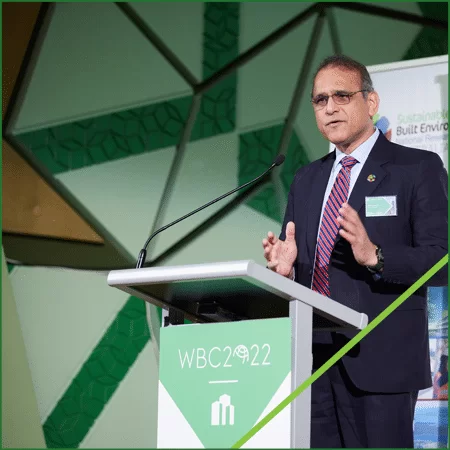Commercial International Bank Group CFO and Executive Board Member, Islam Zekry on what a half-century of resilience, resolve and regional growth tells us about the future.
As CIB marks its 50th anniversary, what are the highlights of its past half-century?
Over the past 50 years, CIB has become Egypt’s largest and leading private sector bank. CIB has consistently been ranked Egypt’s most profitable bank and the bank of choice for over 500 of Egypt’s largest corporations. CIB has received international recognition. It was named the World’s Best Bank in Emerging Markets by Euromoney and Global Finance, and the Best Bank in the Middle East for Corporate Social Responsibility by Euromoney. CIB is also the first company in the Middle East to feature in a case study by London Business School, one of the world’s top five business schools. In 2019, Bloomberg included CIB in its Gender Equality Index making it the first company in Egypt and Africa to be listed on the Index, which includes 230 companies from 36 countries across 10 sectors.
What is CIB’s history as Egypt’s leading private sector bank and how does the past feed into your plans for the future?
CIB was established 50 years ago as Chase National Bank of Egypt. Chase’s divestment in 1987 was followed by a series of private equity investments in the small corporate lender. From 2002 to 2020, the bank was transformed into a full-service financial institution to include consumer banking and business banking for SMEs. Recognizing that digital solutions were critical to the future success of its commercial activities, in 2014, the bank began investing in technology and data analytics. By 2019, it embraced a digital transformation to expand its core commercial businesses. At the same time, it looked to push beyond its boundaries to capture further market opportunities in East Africa, and in 2023 established CIB Kenya following the acquisition of Mayfair Bank. Looking ahead, CIB’s goal is to become the leading bank in Africa and be more relevant to more customers in Egypt, the region and around the globe.
CIB has taken a famously resilient approach at an economically volatile moment in Egypt. Can you tell us more about it?
Despite the turbulence of the past year and the macro-economic challenges, CIB and the entire banking sector remained resilient throughout. Recent foreign investment and the IMF programme, together with the Central Bank of Egypt’s (CBE) currency devaluation have injected fresh confidence in the Egyptian economy. The Egyptian government and the CBE continue to take proactive measures to empower the economy. CIB’s ability to maintain a flexible balance sheet structure and robust risk posture while controlling the costs of deposits has consistently enabled the bank to withstand the pressure from negative economic environments. In addition, we are increasingly focused on non-interest, sustainable revenues, resulting in 33% growth over the past year.
How has CIB advanced financial services that promote sustainable development?
CIB’s business strategy includes green products, financial literacy initiatives, support for microenterprises and other small businesses that meet the bank’s financial inclusion directive. Activities include the Egyptian Pollution Abetment Program, which supports the conversion and/or expansion in renewable energy, pollution abatement, energy efficiency, or water treatment. There is also the Environmental Compliance Office-Finance Program, which supports industrial plants that positively impact the environment and meet local and international standards. We have green finance facilities with subsidized interest rates, preferential loan terms and conditions, free technical support and advice for projects. There are also Agribusiness Development Programs, which offer subsidies to modernize the Egyptian agriculture system.
